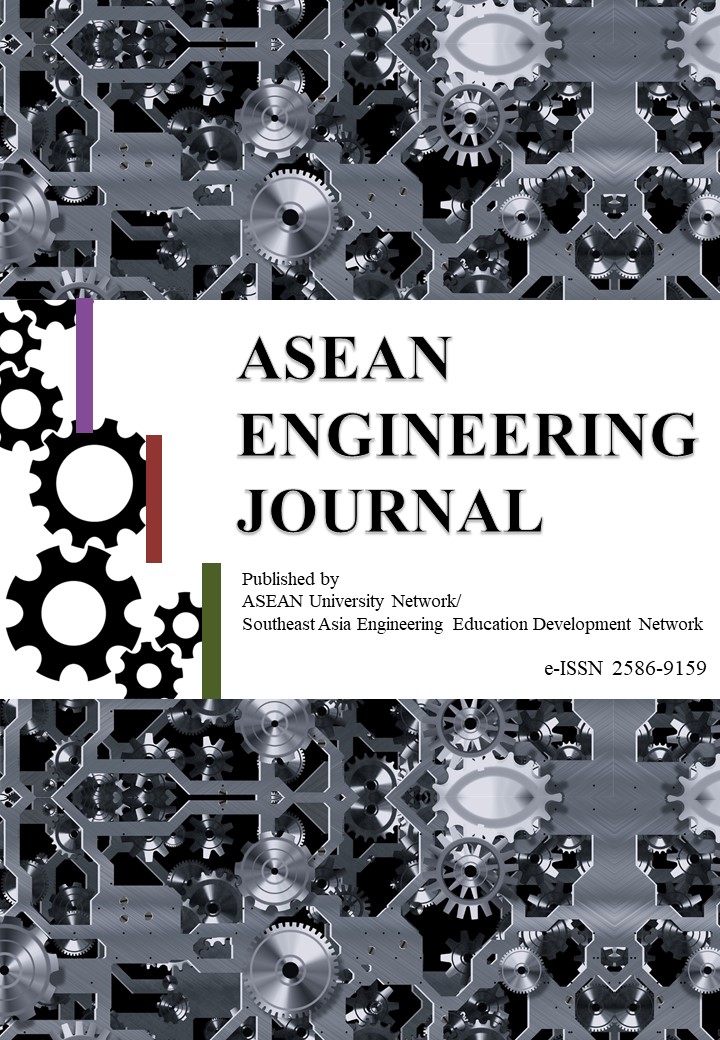STUDY ON MECHANICAL AND DURABILITY PROPERTIES OF MIXTURES WITH FLY ASH FROM HONGSA POWER PLANT
DOI:
https://doi.org/10.11113/aej.v10.15535Abstract
The use of fly ash in concrete improves several characteristics of conventional cement-based pastes, mortars, and concrete such as reduces heat of hydration, increases strength in long-term and enhances durability. However, types and volume of fly ash affect behavior of resulting pastes, mortars and concrete. In this study, the characteristics of pastes, mortars, and concrete with 20% and 30% binder replacement with a Hongsa fly ash from Laos (FAH3) and two fly ashes from Thailand (FAM and FAB) were studied. Further, mechanical and durability properties of Hongsa fly ash mortars and concrete are investigated through specific gravity, Blaine fineness, normal consistency, setting times, water requirement, strength index, slump and slump retention, compressive strength of concrete with a fixed slump, compressive strength of concrete with a fixed w/b of 0.5, semi-adiabatic temperature, total shrinkage, carbonation depth, H2SO4 acid resistance, rapid chloride penetration (RCP) and chloride distribution. The experimental results show that the Hongsa fly ash contains large amount of non-spherical particles with coarse cavities, leading to high surface area and high Blaine fineness value. Accordingly, Hongsa fly ash was found to have high water requirement. In comparison to the ordinary Portland cement type I (OPC) and Mae Moh fly ash (FAM), the Hongsa fly ash was found to generate lower heat. As a result, the Hongsa fly ash shows its potential in the application of mass concrete. Similarly, the Hongsa fly ash mortar exhibited the lowest carbonation depth when compared to the FAM and FAB mortars. In term of RCPT and chloride distribution test, the Hongsa fly ash concrete shows the lowest Cl⁻ penetrability when compared with Portland cement type I (OPC) concrete, FAM and FAB concretes. Based on the experimental results, the Hongsa fly ash was found to be applicable in concrete works.
















